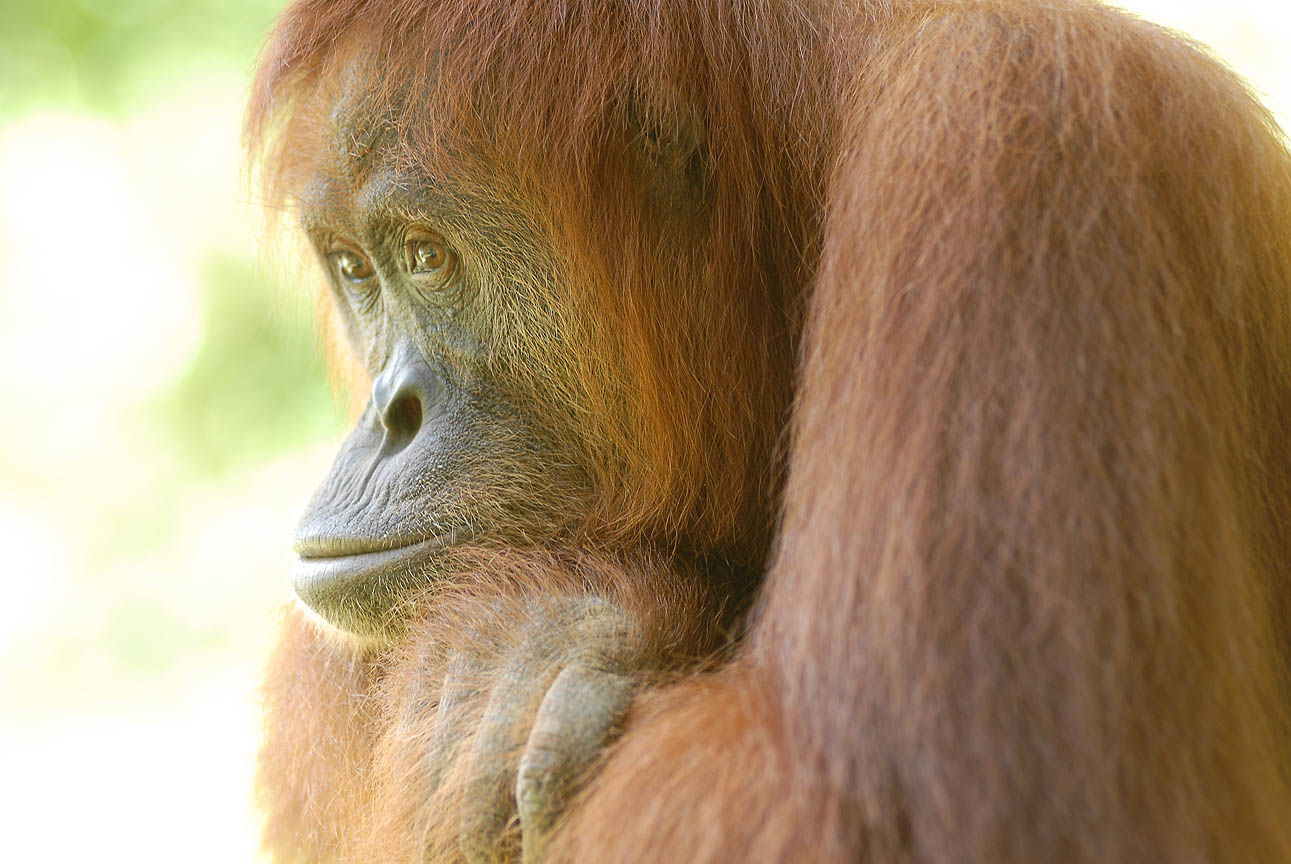In search of the rarest great apes in the world
In June 2018, filmmaker Matt Senior embarked on a journey into Batang Toru, a tropical rainforest in the heart of North Sumatra. He was going in search of the rarest great ape on the planet – the newly identified Tapanuli Orangutans. On a mission to be the first person in the world to produce a documentary on this new species, Matt shadowed the conservationists from the Sumatran Orangutan Conservation Programme (SOCP) as they carried out their vital work to study and protect this critically endangered species and its unique forest home.“Before I talk about the adventure, I want you to know that the 800 remaining Tapanuli Orangutans are found only in this one rainforest. But there is a reason these orangutans are the rarest great ape in the world. An enormous hydro dam is now being built in an area where most of these orangutans are living, estimated to be completed by 2022. If it does not get stopped, they will surely go extinct, shortly after being identified as a new species. For this reason, I had the endless motivation and privilege to travel to Batang Toru in Sumatra, and produce the documentary “Now Or Never”.
Accompanied by a Production Assistant called Zoe, and starting in London, we embarked on our journey, taking three flights over four days.
Eventually we reached the small town of Pandan on the West Coast of North Sumatra. The runway was surrounded by dense tropical vegetation and the airport itself was certainly the smallest I’d ever been in. We were greeted outside by two young men called Arrum and Rozy who are part of the conservation organisation – Sumatran Orangutan Conservation Programme (SOCP), and they took us to their base for us to spend the night.
On that first evening a scientist had just returned from spending a week in Batang Toru. As nice as he was, he heightened my nerves by explaining that we would need to be extremely lucky to see an orangutan. The moment he said this, worry started to settle in: without orangutans, there would be no film.
The next morning, we woke up bright and early and drove 40 minutes to the last rural village before entering Batang Toru. There we met five villagers who assisted us in carrying our 80kg of bags all the way to the camp (camera equipment can get very heavy!). Then, at 9:30am, we began the long walk alongside the five villagers, Arrum and the camp manager Sheila.
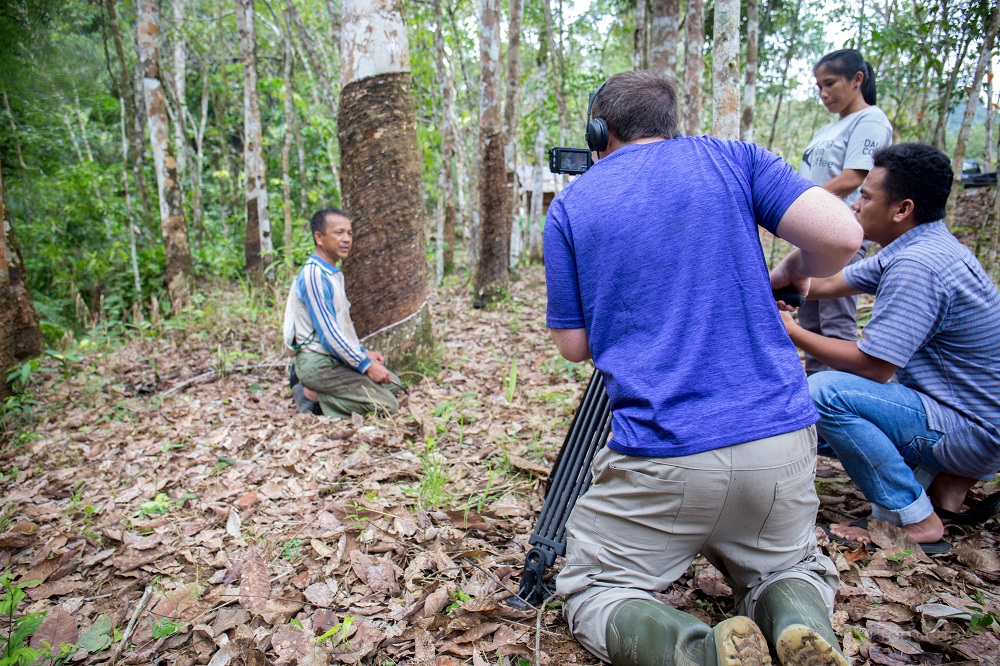
Matt Senior
It is safe to say this would not be an easy five hour, 15km trek. Batang Toru is a rainforest like no other. It is at altitude, which means it is not as hot as the small town of Pandan with certainly a lot less mosquitoes! But the walk involved around a 500 metre climb at 95% humidity, making it very tough to breathe. Even though it was a challenge, it was also a day that would live long in the memory with the feeling of entering an unknown world that very few people had even stepped foot into. It was pure nature.
Just before we reached the camp, I recall having a conversation with Sheila. She had been working in Batang Toru for several months, and she explained to me how she had only seen three orangutans in her first three months of working there. At this point, the worry that the scientist had brought out of me started to grow.
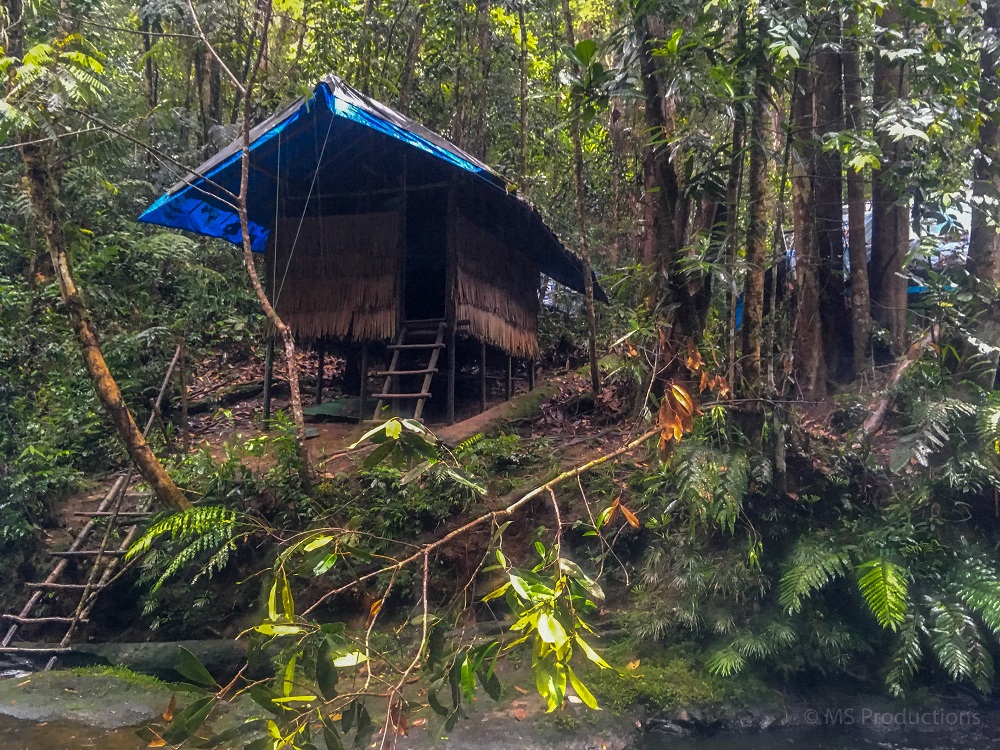
Matt Senior
At 3pm we had arrived at camp. Sat next to a flowing stream, it was a place so basic, but equally a place so incredible. We crossed the stream and took our bags to an empty wooden hut – this would be our home for three weeks. Sheila then explained to me that there were two other conservationists out looking for orangutans. She said ‘if they come back at 3pm or 4pm, it means they haven’t found any, but if they come back at 6pm, it means they’ve found orangutans’.
The day passed by and the light started to fade. At this point I was starting to feel excited. As nice as I’m sure the other two conservationists would be, the only thing I could think of was how much I did NOT want them to return to camp! At 8pm we heard two very excited voices coming towards us in the dark. They had returned, and with good news. Trying to listen in on their Indonesian language, I was simply dying to know what they were saying. It turned out, they had found a mother orangutan called Cemara, and her juvenile son Cakra. They were excited because they had not encountered these two individuals for 5 years, back when Cakra was just a baby. The worry I had been feeling had suddenly faded away.
The next morning, we woke up at 4am to the sound of the stream and birds singing. Orangutans build a new nest to sleep in every night, so we had to be at their nest before they woke up. We put our head torches on, grabbed the camera, collected lunch and water from the river, and walked for 30 minutes in the dark. We crossed through streams and even balanced our way across fallen tree trunks over rivers. We had reached the nest, so we sat down and waited. I had the camera and the long lens ready, pointing up at the nest. Eventually I saw a small innocent face peak out. He gazed directly down the camera lens. I had goosebumps all over my body. I was looking into the eyes of one of the most endangered great apes on the planet. It was strange because it was both magical and heartbreaking at the same time.
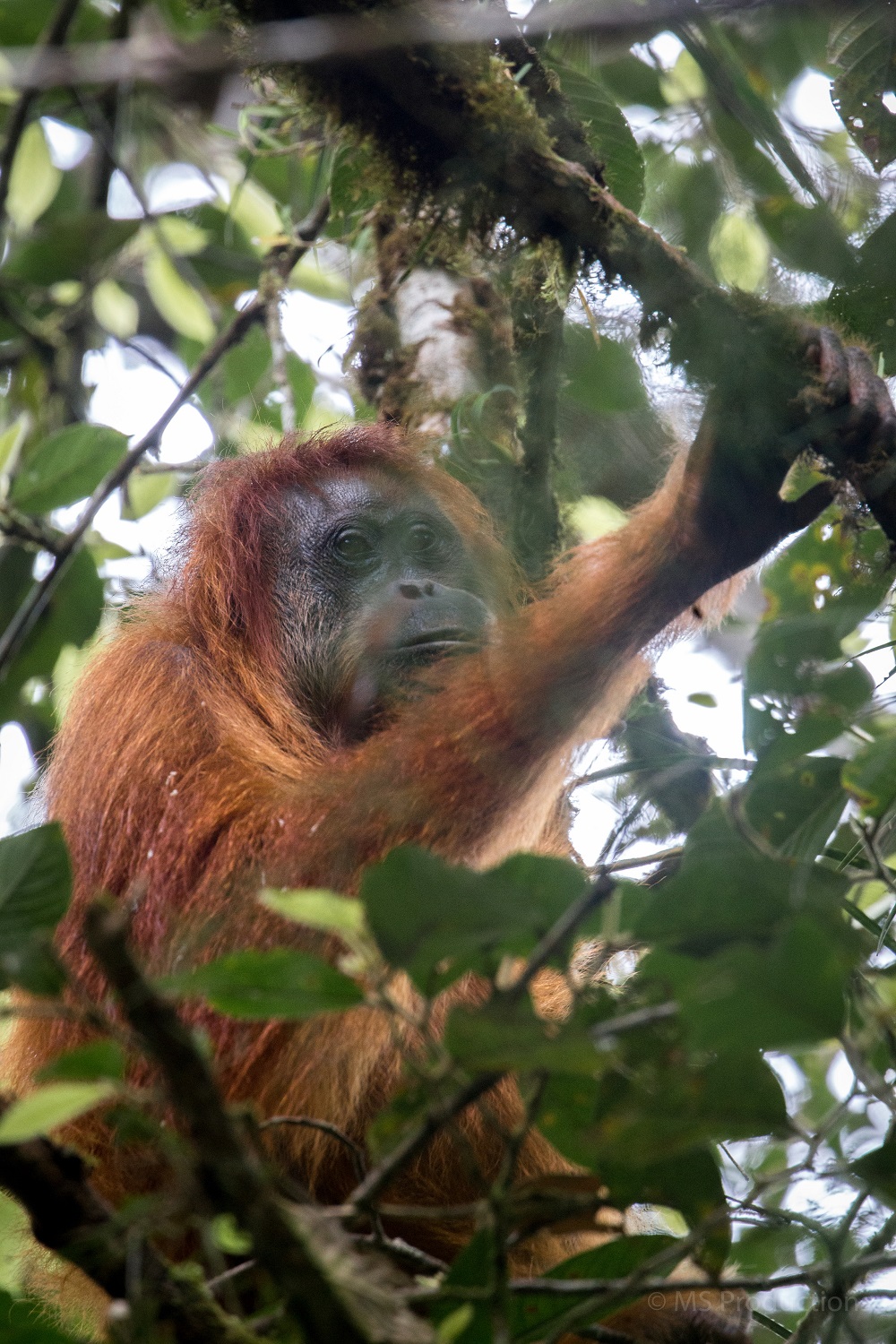
Matt Senior
Throughout that first day we followed Cemara and Cakra as they went about their daily business – eating fruit and moving from tree to tree. Cemara did not mind our company, but Cakra was very curious. I mentioned he had a look of innocence, but he was in fact very mischievous. He would come close to us and he would even break branches to throw them at us. Half way through the day we reached a point where the elevation in the land became far too steep and we couldn’t follow them any further. But just before they left us, I was on my own, at a point where the ground I was standing on was level with the top of the tree they were in, only a few metres in front of me. Cakra’s curiosity brought him towards me, and directly 2 metres above me. For these few minutes I couldn’t believe what I was seeing. He was just hanging there, almost within touching distance, and staring at me, barely blinking. I would have loved to know what he was thinking. I was so captivated that I only wanted to look at him through my own eyes and not through the eye of the camera. Then, moments later, he returned to his mum and they swung away into the distance, and we returned to camp.
We awoke on the second day with no orangutans to follow, so myself, Sheila, and another conservationist called Ulil set off on a mission to find more. This day was a complete contrast to the first. Although I was eager to find more orangutans, it was nice to not have to run through dense vegetation in an effort to get the best camera angle. We stayed to the trail all day, walking slowly and quietly through the forest. Every 20 minutes we would stop and sit in silence, listening out for any possible signs of orangutans. Of course Sheila and Ulil were a lot better trained for the job than I was, so although I wanted to help, I couldn’t help but get distracted by the delightful sounds of nature. Not one single car or plane could be heard.
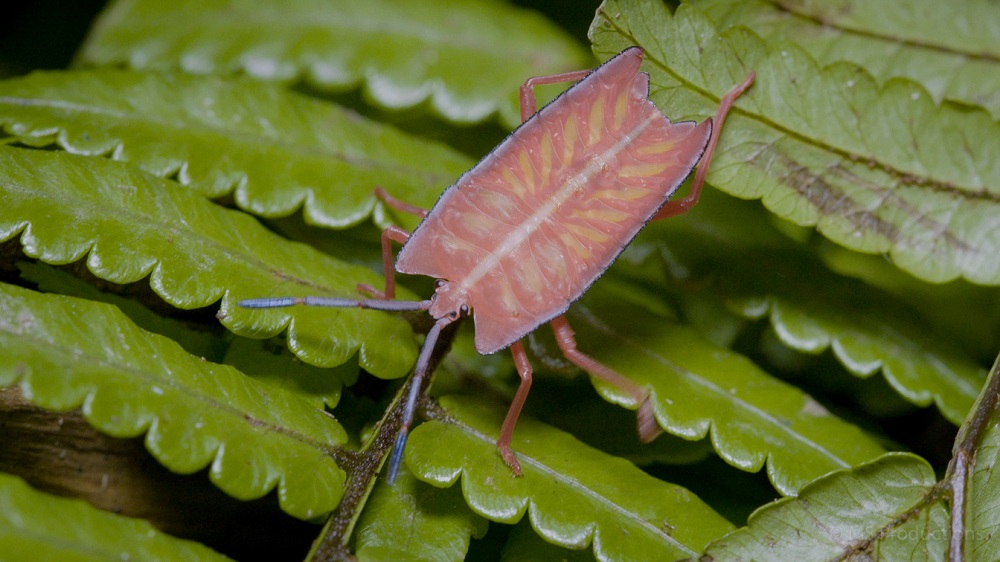
Matt Senior
It had reached 4pm and we were on our way back to camp. I remember thinking to myself ‘we have not found any today, but it’s okay because we have time and today has been such a relaxing day’, and then it happened. Sheila turned around to me and told me to look 30 metres up a particular fruit tree, and there they were. Two more orangutans. This time, a mother and her 3 year old daughter. We followed them for two hours before they built their nest for the night. I was able to take a photograph of the mother whilst she was building the nest, and when we returned to the camp the conservationists could not identify them from the photo. They told us that they had never seen these two orangutans before, and they gave me the enormous honour of naming the baby, and I called her Cynthi.
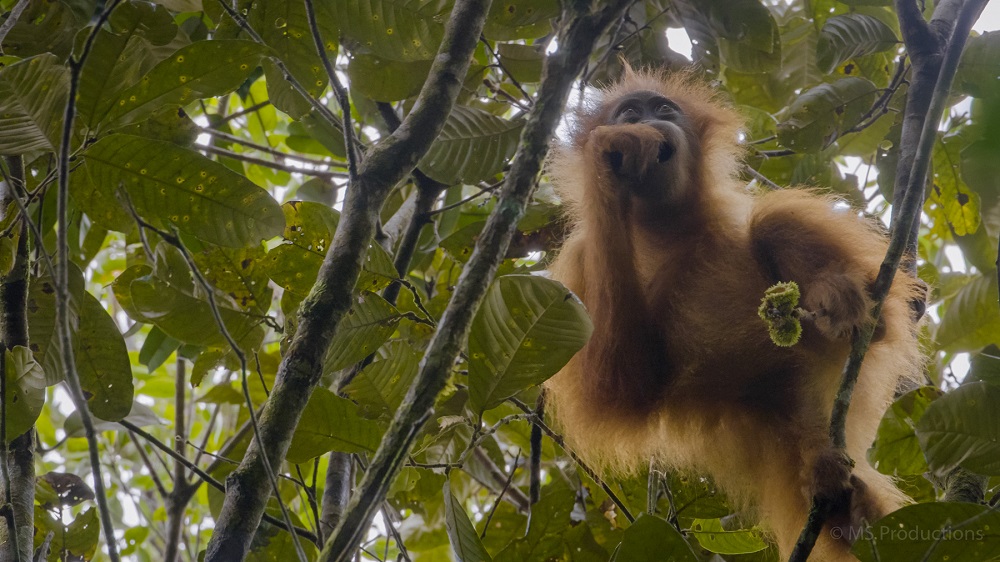
Matt Senior
The following morning I collected water from the river, grabbed the camera and the spicy lunch, put on the head torch and away we went, into the darkness. This time I was with Zoe and two other conservationists – Anda and Dosman. We arrived at the nest, waited for the orangutans to wake up and we followed them through the dense rugged jungle for the entire day. We could not believe our luck. Half way through the day I showed more photographs to Anda and Dosman, but this time they told me that these two orangutans were in fact two that they had encountered before – Pelangi and Pixel, and by the end of the day, the 3 year old baby I had named Cynthi became Pixel-Cynthi. Quite a name for a baby Tapanuli Orangutan!
We decided not to return to the nest the following day because they had moved out of the conservationists tracking area and far from camp. We continued to search for orangutans over the next two weeks, but to no avail. Pelangi and Pixel-Cynthi turned out to be the last of the Tapanuli Orangutans we would see in Batang Toru. Though that is not to say we did not have an incredible time in those remaining two weeks.
Besides wandering around the forest looking for orangutans, some of the remaining days in Batang Toru were spent at camp filming reptiles, insects and birds. I remember one day going to the stream next to the camp to take my daily bucket shower and a two metre long python was casually swimming in the water beside me. One day was spent trekking to the bottom of a majestic waterfall before hiking to the very top and looking over the forest.
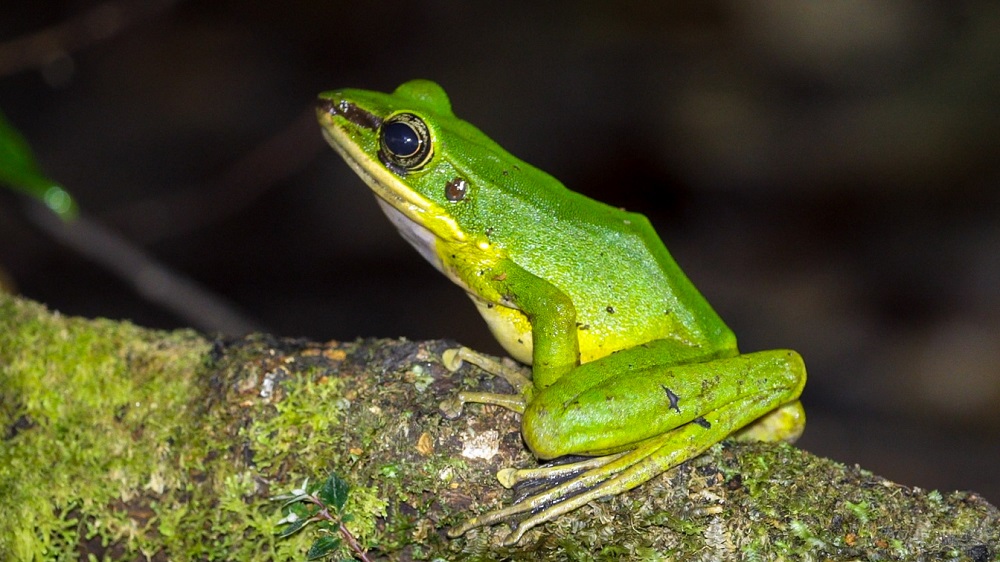
Matt Senior
Another day was spent walking for four hours through rivers in torrential rain to a gigantic cave full of thousands of bats. I had never smelt, heard, or seen anything like this before in my life. I remember entering the pitch black cave with nothing more than a torch and my camera. I scrambled up small boulders, looked directly up and the screeching from the bats amplified. I shone the torch down and for every one bat above me, there were a hundred cockroaches by my feet. At that point I was ready to leave the cave. I shone the light up at the bats once more and the screeching sound went silent for three seconds, and then, the screeching returned, but this time it was much louder and higher pitched. I remember the cold feeling of fear running through me. I honestly thought they would all launch themselves at me. It turned out, as the light was fading, they were just getting ready to leave their cave. The walk back to camp was interesting and exciting that night, three hours walking in the dark, trying to navigate our way through the vegetation.
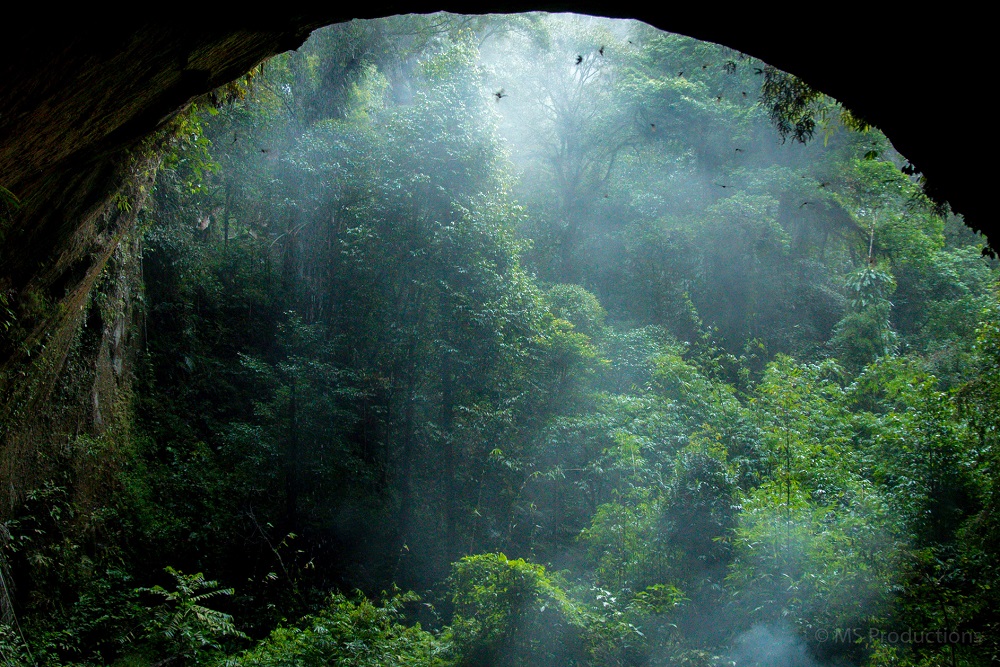
Matt Senior
If someone had of told me a year ago that I would be going into an unexplored forest in 2018 in search of the rarest great ape in the world, getting to name one those apes, trekking to hidden bat caves, and almost having a shower next to a python, I never would have believed them. It just goes to show that anything is possible if you put your mind to it, you just have to really believe in making something happen.
This adventure changed me. It opened my eyes to how precious this new species is, and the determination and commitment has grown in me to a point where I plan to do everything possible with “Now Or Never” to contribute towards saving Batang Toru before it is too late. It is easy to see something on TV or read something in the news about these types of stories, but the realisation never truly kicks in until you witness it with your own eyes.
If we don’t all come together now and help raise awareness about the devastation that Batang Toru is now facing, then Cemara, Cakra, Pelangi and Cynthi may not be around for much longer. I ask everyone reading this to please support the Tapanuli Orangutans, share articles on social media, and show the world that you care about Batang Toru and the orangutans being around in the future. Who knows, perhaps one day you could be exploring Batang Toru, but ONLY IF there is a forest left to explore.
Matt Senior – 19.09.18
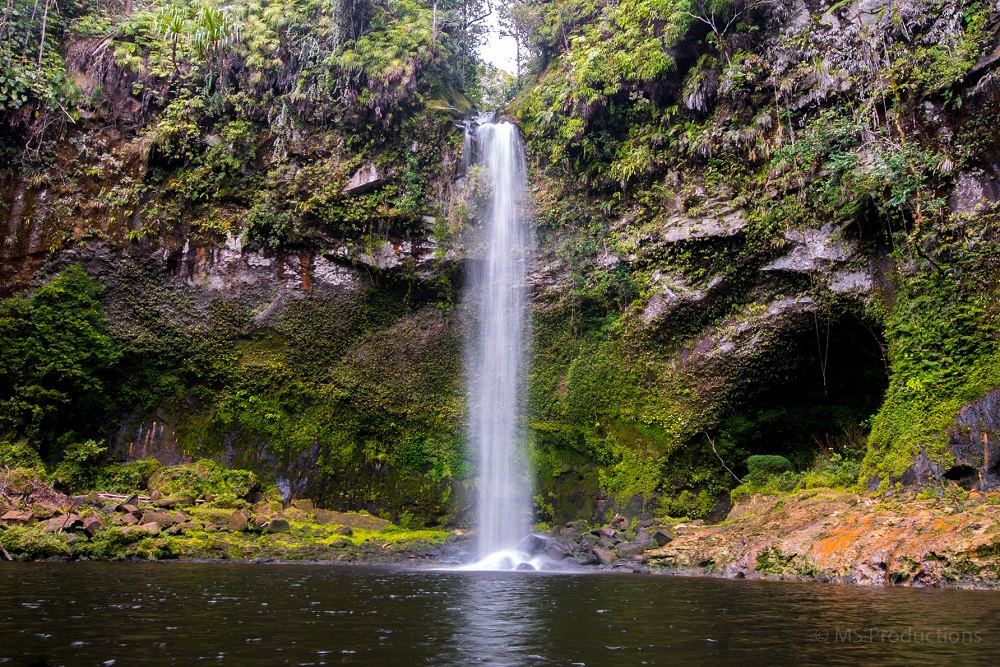
Matt Senior
